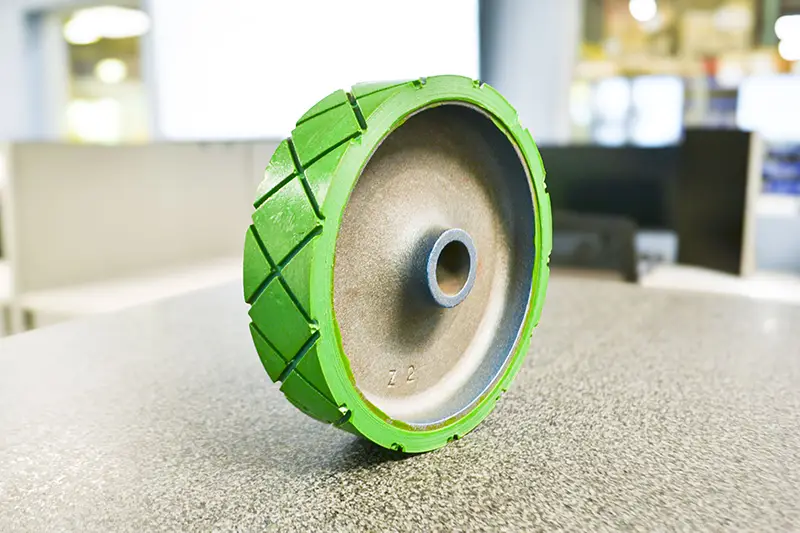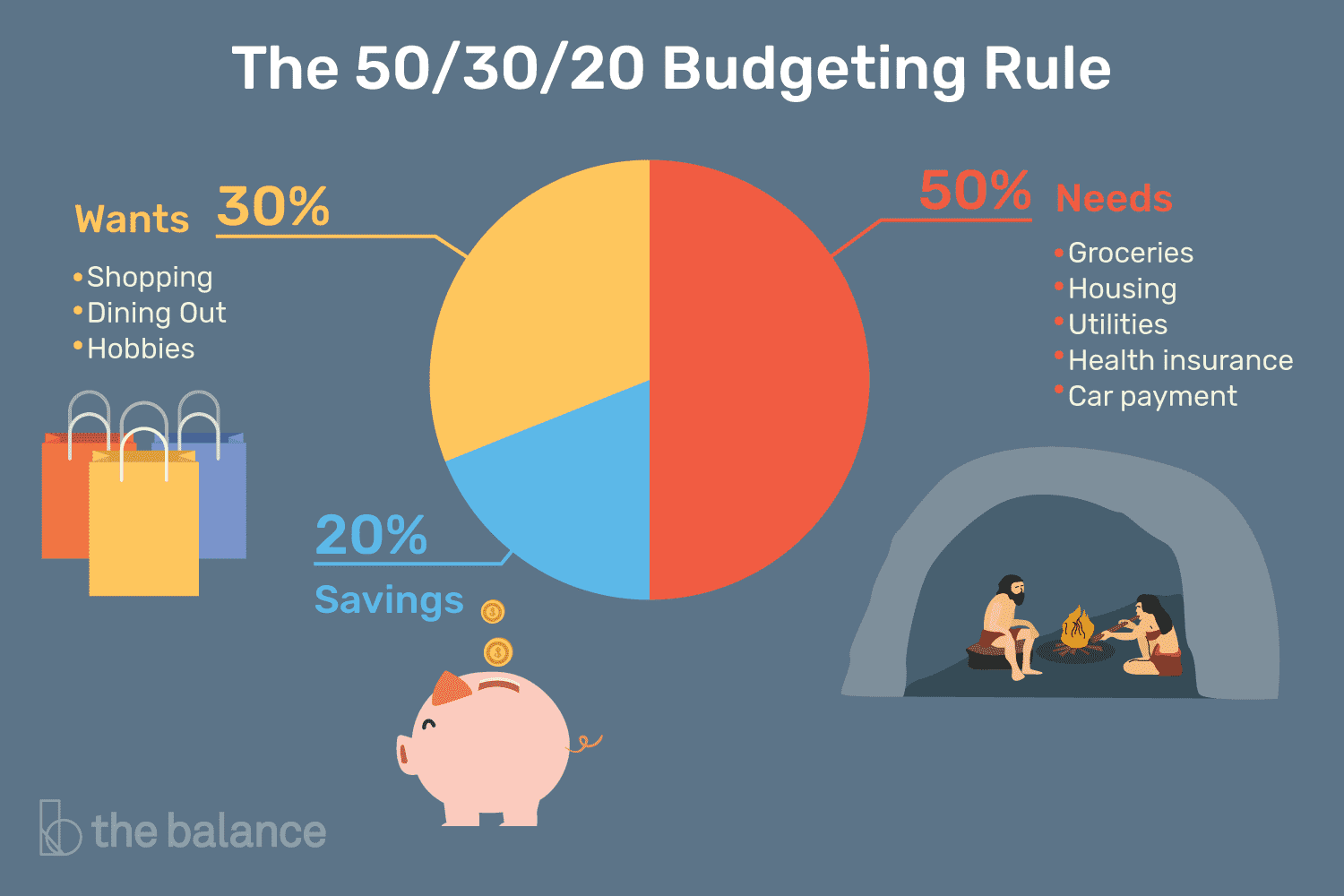The Power of Self-Discipline: Key Habits for Personal Growth
Self-discipline is one of the most powerful tools for personal growth. It’s the ability to control your behavior, emotions, and thoughts to achieve long-term goals. Without self-discipline, it can be hard to focus on what matters most and stay consistent with your efforts. By building self-discipline, you can improve every area of your life. From your health to your career, self-discipline is the key to success.
Understanding Self-Discipline
Self-discipline is the foundation for personal growth. It allows you to make choices that align with your long-term goals, even when tempted by short-term distractions. It’s about mastering your impulses, staying focused, and making choices that lead to progress.
Self-discipline can seem hard at first, especially when the temptation to give in to instant gratification is strong. However, it’s a skill that can be developed with practice. Like any habit, the more you practice self-discipline, the stronger it becomes.
Why Is Self-Discipline Important?
Self-discipline is important because it keeps you moving forward. It helps you stay on track even when things get tough. It pushes you to keep working toward your goals, even when you don’t feel like it. This quality is what separates successful people from those who give up easily.
Self-discipline also helps with time management. It helps you prioritize tasks and avoid procrastination. With it, you can plan your day effectively, which leads to greater productivity. This is why self-discipline is often linked to success in business, education, and personal life.
Habits That Build Self-Discipline
Building self-discipline doesn’t happen overnight. It takes time, practice, and patience. Here are some key habits to help you build and strengthen self-discipline:
- Set Clear Goals
Start by setting clear and specific goals. Know exactly what you want to achieve and break it down into smaller, manageable steps. This makes your goals less overwhelming and gives you a roadmap to follow. The more clearly you define your goals, the easier it is to stay focused and disciplined.
- Create a Routine
Having a daily routine helps train your mind and body to act in a disciplined way. A set routine takes the guesswork out of your day, allowing you to focus on what matters most. Routines help you build habits and make positive actions automatic. This reduces the need for willpower and makes it easier to stay on track.
- Prioritize Tasks
Self-discipline requires you to prioritize your tasks. Focus on the most important tasks first. This method is called the “Eat That Frog” technique, based on a book by Brian Tracy. It means tackling the hardest or most important task of the day first. Once you complete it, the rest of the day feels easier.
- Limit Distractions
Distractions can easily derail your focus and progress. To stay disciplined, you need to limit distractions. This could mean turning off your phone, closing social media tabs, or working in a quiet environment. By removing distractions, you create an environment where you can focus fully on your goals.
- Develop Healthy Habits
Physical health is closely linked to self-discipline. By taking care of your body, you improve your ability to stay disciplined in other areas of life. Exercise, eat healthy, and get enough sleep. These habits improve your energy levels and mental clarity, making it easier to stay focused and productive.
- Practice Delayed Gratification
Delayed gratification is the ability to resist the temptation of an immediate reward in favor of a greater reward later. This is a key aspect of self-discipline. By learning to wait for the bigger payoff, you build mental strength and the ability to stay committed to your goals.
- Hold Yourself Accountable
Accountability is a powerful tool in building self-discipline. When you are accountable to someone else, you are more likely to stick to your goals. Find a friend, mentor, or coach who can help keep you on track. Regularly check in with them to update them on your progress.
- Stay Consistent
Consistency is crucial when it comes to self-discipline. It’s easy to start strong and then fall off track. The key is to keep going, even when things get difficult. Don’t let one mistake or bad day stop your progress. Acknowledge your setbacks, learn from them, and keep moving forward.
- Build Mental Toughness
Mental toughness is the ability to stay strong in the face of challenges. It’s about keeping a positive mindset and not giving up. Developing mental toughness requires practice. Every time you face a challenge and overcome it, you grow stronger and more disciplined.
- Reward Yourself
While self-discipline is about delaying gratification, it’s also important to reward yourself for achieving milestones. Celebrate small victories along the way. This can motivate you to keep working toward your larger goals. Just be sure that your rewards don’t undermine your progress.
Overcoming Challenges to Self-Discipline
Building self-discipline is not without its challenges. You might face setbacks, distractions, or even self-doubt. It’s important to stay positive and persistent. Here are a few strategies to help you overcome obstacles:
- Stay Patient: Change takes time. Be patient with yourself and trust the process. If you slip up, don’t give up entirely. Learn from your mistakes and keep going.
- Be Kind to Yourself: Avoid self-criticism. It’s normal to face difficulties along the way. Treat yourself with compassion and use any setbacks as an opportunity to learn and improve.
- Don’t Overload Yourself: Start with small changes and build up. Trying to do too much at once can lead to burnout and frustration. Focus on mastering one habit at a time.
The Long-Term Benefits of Self-Discipline
The benefits of self-discipline extend far beyond reaching your immediate goals. It helps you build a strong foundation for long-term success. People with self-discipline are more likely to achieve financial stability, improve their health, and have successful relationships.
Self-discipline also helps you deal with failure. It teaches you how to stay resilient, get back up after a fall, and continue pursuing your goals. Over time, this strength and resilience contribute to personal growth and overall happiness.
Conclusion
Self-discipline is a powerful tool for personal growth. It helps you stay focused, make better choices, and achieve your goals. By developing habits like setting clear goals, prioritizing tasks, limiting distractions, and practicing delayed gratification, you can build stronger self-discipline.
Remember, building self-discipline is a journey, not a destination. It takes time, effort, and patience. But with consistent practice, you can unlock your full potential and create the life you desire. At venzec.icu, we are committed to supporting your growth through practical advice and tools for self-improvement.








